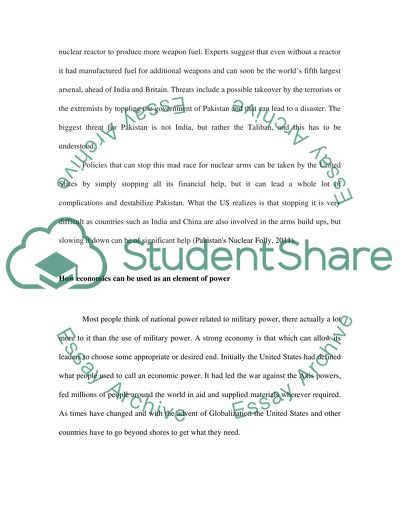Cite this document
(“Economics as a instrument of power to curb Pakistan nuclear weapons Term Paper”, n.d.)
Retrieved from https://studentshare.org/history/1436338-economics-as-a-instrument-of-power-to-curb
Retrieved from https://studentshare.org/history/1436338-economics-as-a-instrument-of-power-to-curb
(Economics As a Instrument of Power to Curb Pakistan Nuclear Weapons Term Paper)
https://studentshare.org/history/1436338-economics-as-a-instrument-of-power-to-curb.
https://studentshare.org/history/1436338-economics-as-a-instrument-of-power-to-curb.
“Economics As a Instrument of Power to Curb Pakistan Nuclear Weapons Term Paper”, n.d. https://studentshare.org/history/1436338-economics-as-a-instrument-of-power-to-curb.


